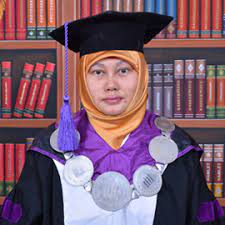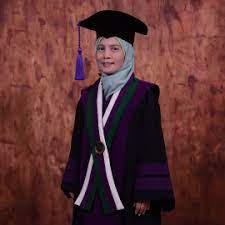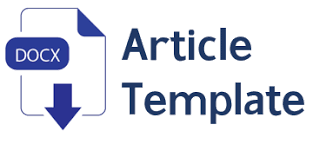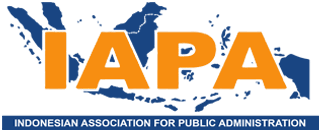POLITICAL PARTICIPATION DURING THE COVID PANDEMIC
DOI:
https://doi.org/10.30997/jsh.v14i2.7902Keywords:
Key words: General election, Voter participation, Socio-politic determinants.Abstract
The aims of this study was to identify and analyze the socio-political factors behind the high voter toward the Election of the Governor and Vice Governor of Bengkulu in 2020. This research was a mixed research between quantitative and qualitative method. Using the purposive sampling technique with informants who represent various elements directly related to the Pilkada (Local Distric Heads Election) of Governor and Vice Governor which were held simultaneously in Indonesia. on December 9, 2020. Information collection techniques were carried out using Focus Group Discussion (FGD) and in-depth interviews. The results of the study were analyzed using the Miles and Huberman technique by doing reduction, display, and triangulation. The results of the study showed that there were several socio-politic factors that had a direct contribution to the high voter toward the Election of the Governor and Vice Governor of Bengkulu Province in 2020 (77.68 percent). These factors were transactional politics (money politics), the role of the media, the role of General Election Commission (Komisi Pemilihan Umum-KPU) and General Election Supervisory Agency (Badan Pengawas Pemilu-Bawaslu), the role of candidates and the pattern of visiting campaigns. The conclusion of the study is that there is no single factor that dominantly affects voter participation in the Bengkulu Governor and Vice Governor Elections. Voter participation is a product of the interdependence of various social and political factors.
References
Bimber, Bruce and Homero G.Z, 2022, “Social Influence and Political Participation Around the World”, Europen Political Science Review, Volume 14, Issue 2, Cambridge University Press, pp. 135-154.
BPS, 2022, Provinsi Bengkulu Dalam Angka, Bengkulu.
Dalton, R.J. 2006. Citizen Politics: Public Opinion and Political Parties in Advanced Industrial Democracies, Fourth Edition, CQ Press, Washington D.C.
Diego Fossati, 2016. The State of Local Politics in Indonesia: Survey Evidence from three cities, ISEA
Huntingto, Samuel, P and Joan M. Nelson, 2015, No Easy Choice: Participation in Developing Countries (Partisipasi Politik di Negara Berkembang), Rineka Cipta, Jakarta.
Kompas.com, 2020, “Pertaruhan Kualitas Pilkada 2020 di Masa Pandemi”, Jumat, 25 Juni.S No.5, Yusof Ishak Institute, Singapore.
KPU Provinsi Bengkulu, 2021. “Partisipasi Pilkada Bengkulu Tertinggi kedua Nasional”, Antara News, Minggu 21 February, 2021.
Rahman,A, 2007, Sistem Politik Indonesia, Graha Ilmu, Yogyakarta
Spinelli, A and Luke Bucher, 2022, “Managing Elections During Covid-19: The Republic of Korea’s First Crucial Test”, Economic and Social Research Council, UK.
Vyrost, Jozef, 2019, “Social and Psychological Factors of Political Participation according to Recent European Social Survey Data”, Intersections 5(3), pp. 116-130.
Tirto.Id, 2020, “Riwayat Kasus Corona di Indonesia, dari Maret hingga September 2020”, 11 September.
Usfinit, Y, Agung S, Dody S, 2014. Perspektif Partisipasi Masyarakat pada Pemilihan Kepala Daerah (PILKADA) Kota Malang, Jurnal Ilmu Sosial dan Ilmu Politik (JISIP), Vol 3,No. 1, pg. 38-45
Downloads
Published
How to Cite
Issue
Section
License
Copyright (c) 2023 Jurnal Sosial Humaniora

This work is licensed under a Creative Commons Attribution-ShareAlike 4.0 International License.
Authors submitting manuscripts must understand and agree to copyright the manuscript of the article was transferred to OJS Djuanda University. All rights reserved. The copyright release statement for the Journal of Social Humanities is set out in the Agreement Transfer of Copyright. This work is licensed under Creative Commons Attribution-ShareAlike (CC BY-SA) version 4.0 where Author and Readers can copy and redistribute material in any media or format , as well as mixing, modifying and building materials for any purpose, but they must provide appropriate credit (citing articles or content), provides a link to the license, and indicates when changes have been made. If you mix, modify, or develop, the materials you have to distribute your contributions are under the same license as the originals.
















